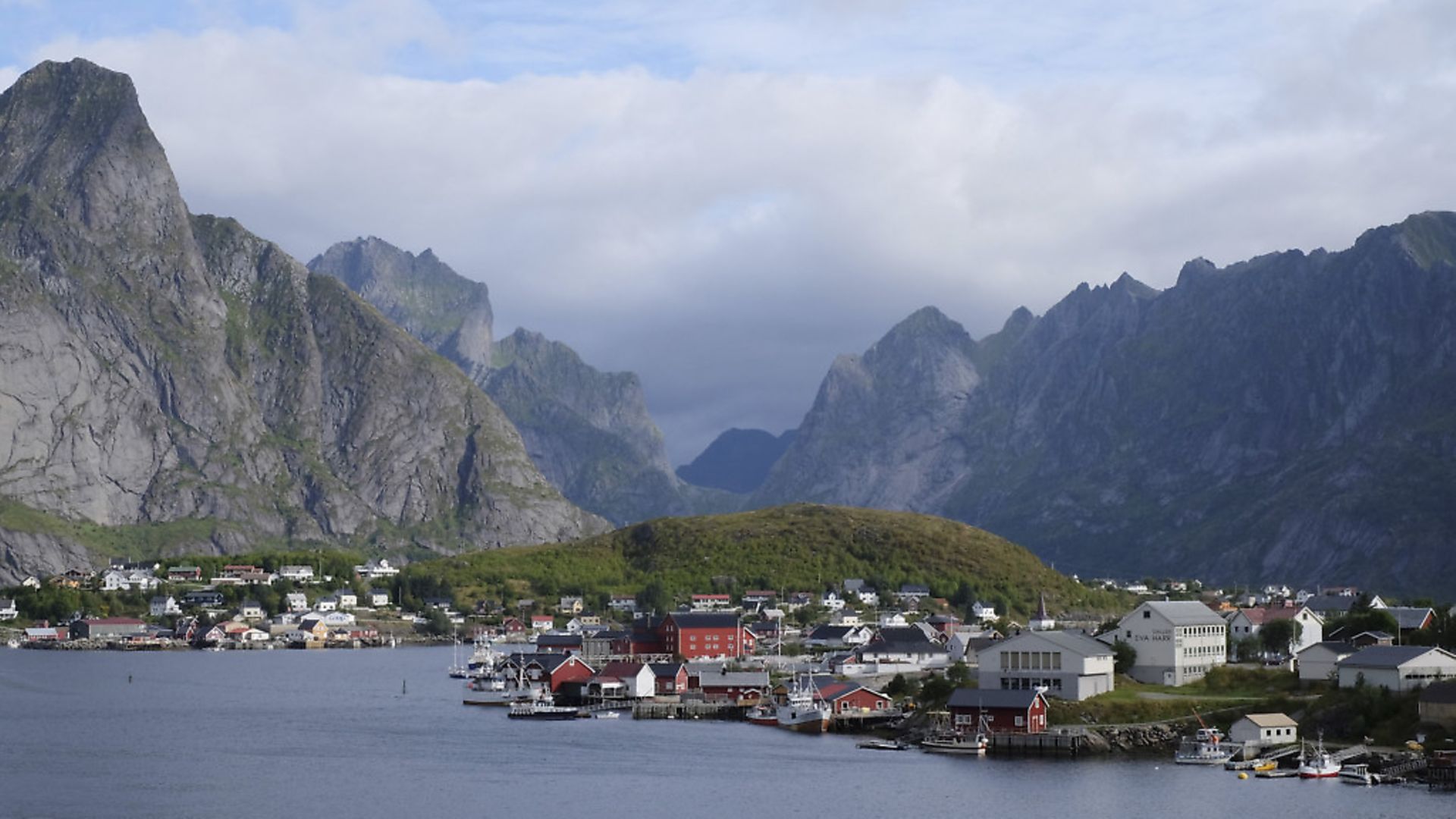
Former Tory party adviser Barnaby Towns picks apart an idea which is gaining currency among many politicians
As Britain counts down to the government’s self-inflicted Brexit deadline, Norway is in the news. Brexiteers and Remainers alike eye the land of the midnight sun’s membership of the European Economic Area outside the EU as preferable to crashing out with no deal, or a lengthy limbo obeying EU rules with no say making them.
Boosters of this Brexit version claim benefits include: continued unfettered, frictionless access to Europe’s internal market; retaining ‘passporting’ rights for the United Kingdom’s financial services; access to an emergency brake on the free movement of people; an end to European Court of Justice jurisdiction in the UK; withdrawal from EU fisheries and farming policies; and the ability to strike trade deals independently of the EU.
Support for the Norway option stretches from pro-EU Conservative MPs Nicky Morgan and Stephen Hammond and Labour MP Stephen Kinnock, to ex-Labour, now independent, MP Frank Field, to crossbench peer David Owen and, sometimes, frontline Leave agitator Dan Hannan. Tory MP and Michael Gove ally, Nick Boles, is promoting it in a bid to unite Brexiteers and Remainers.
But as Theresa May discovered when the EU rejected her Chequers plan, the treaty-based rules of the EU and EEA can’t be unilaterally rewritten by departing members at the last minute. In that spirit, the EU and EFTA don’t offer the temporary membership envisaged by Brexiteers – as Norway’s prime minister Erna Solberg diplomatically warned: ‘I don’t think it’s easy to think that you can enter into an organisation you are preparing to leave at the same time.’
Additionally, as the EU Council legal service’s former director general, Jean-Claude Piris, recently reminded Boles: ‘EFTA and the EEA agreements on the EFTA Surveillance Authority and Court of Justice would need renegotiating, requiring ratification by the EU, its 27 states, Liechtenstein, Iceland and Norway for the EEA, and also Switzerland for the EFTA.’ EFTA’s Surveillance Authority monitors compliance with EEA rules and its Court is EFTA’s judicial arm. Accordingly, the UK can’t simply switch from EEA participation as an EU member to accessing it through EFTA at midnight on March 29, 2019.
No less ill-considered is the ‘Norway-for-now’ Brexiteers’ take on the EEA agreement with EFTA, which permits parties to single-handedly implement ‘appropriate measures’ restricting free movement if ‘serious economic, societal or environmental difficulties of a sectoral or regional nature arise and are liable to persist’. This provision could only be used after negotiating EFTA and EEA membership and so is not an instant, automatic quick fix.
More seriously, the Norway approach involves downsizing the UK from rule-maker to rule-taker – without representation in the Council of Ministers or European parliament, and the voting rights they confer, or appointment privileges to the European Commission. Without EU membership, Norway must rely upon a Brussels lobbying presence, mere consultation on proposed legislation and the solidarity of the EU’s three Nordic members. Despite these deficiencies, Norway contributes 0.16% of its GDP to the EU budget compared to the UK’s 0.25%.
Yet another EEA-EFTA drawback is that it must be accompanied by a customs union to safeguard Ireland’s invisible border. EFTA members operate outside the hard border of the EU customs union frontier. But a UK-EU customs union is incompatible with Article 56 of the EFTA Convention which states: ‘Any State acceding to this Convention shall apply to become a third party to the free trade agreements between Member States on the one hand and third states, unions of states or international organisations on the other.’
Last but not least, the government’s own estimates found that non-EU EEA membership would cut UK GDP by 2%, and require an extra £17 billion in government borrowing, over 15 years, compared to an 8% GDP hit and £81 billion borrowing forecast for a no-deal Brexit. But the ‘Norway option’ deficits would likely worsen over time as EU rules evolved without UK input.
The mess caused by the UK’s unnecessary 2016 referendum and unwise rush to trigger the Lisbon Treaty’s time-limited Article 50 isn’t easily cleaned up. But regardless of past mistakes, the UK must choose between adapting to European, American or Chinese standards. EU members Britain, Sweden, Denmark, Austria and Portugal left the EFTA ‘Outer Seven’ for a larger market and a say in Europe’s rules. Norway remained because two referendums opposed plans to join them. Best to choose the half-billion-person, 20 trillion dollar transnational free trade area on our doorstep – but better to retain our EU rights and responsibilities, leading Europe rather than leaving while still needing it.
Barnaby Towns is a former Conservative party special adviser.









